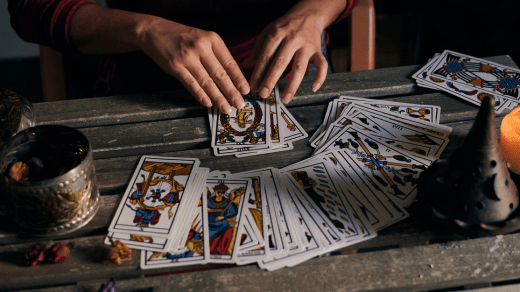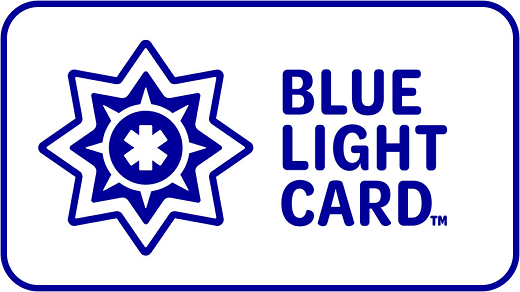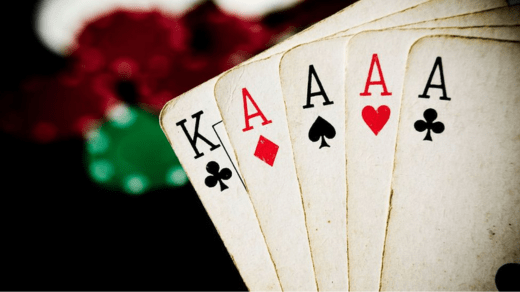Introduction
In this thought-provoking article, we delve into the intriguing world of yes no tarot astrology to examine whether they are merely pseudoscience or hold deeper significance. As expert writers in the field, we aim to shed light on the subject by exploring the origins, practices, and potential benefits of yes no tarot astrology. While these practices may not conform to traditional scientific methodologies, they offer unique perspectives on human experiences and provide guidance for self-reflection and personal growth. Join us on this journey as we unravel the complexities surrounding yes no tarot astrology.
Understanding Pseudoscience
Before we dive deeper into the topic, it’s essential to understand what pseudoscience means. Pseudoscience refers to practices or beliefs that claim to be scientific but lack empirical evidence, consistency, and the ability to be tested or replicated. While yes no tarot astrology may not fit within the framework of scientific principles, they have long-standing historical and cultural significance that goes beyond strict scientific validation.
The Art of Tarot
Tarot, often associated with divination and fortune-telling, is an ancient practice that originated in the 15th century. Tarot decks consist of a set of cards, each representing different archetypes, symbols, and themes. Tarot readings involve the interpretation of these cards to gain insights into personal circumstances, emotions, and potential outcomes. While tarot does not adhere to scientific principles, it offers a unique way to explore the complexities of the human experience, encouraging self-reflection and introspection.
The Study of Astrology
Astrology, on the other hand, is an ancient discipline that examines the correlation between celestial bodies and human affairs. It encompasses the study of the positions and movements of celestial bodies, such as the sun, moon, planets, and stars, and their influence on individual lives. Astrologers create birth charts based on precise birth information, interpreting the positions of these celestial bodies to gain insights into personality traits, life events, and potential challenges and opportunities. While astrology is not scientifically proven, it provides individuals with a framework for self-reflection and understanding.
Insights and Self-Reflection
While yes no tarot astrology may not be considered scientific in the traditional sense, they offer valuable insights and opportunities for self-reflection. Tarot readings and astrology interpretations encourage individuals to explore their thoughts, emotions, and experiences in a deeper and more meaningful way. They provide a space for contemplation, introspection, and personal growth. Yes no tarot astrology can help individuals gain clarity, find solace, and make informed decisions by considering different perspectives and exploring possibilities.
Cultural Significance
It’s important to note that yes no tarot astrology hold cultural significance and have been deeply embedded in various societies throughout history. They have been used as tools for guidance, storytelling, and personal empowerment. Yes no tarot astrology have evolved and adapted over time, integrating diverse cultural beliefs and practices. While their scientific validity may be questioned, their cultural relevance and impact on individuals’ lives cannot be denied.
The Limitations
While yes no tarot astrology have their merits, it’s crucial to acknowledge their limitations. They should not be seen as all-encompassing sources of truth or relied upon solely for major life decisions. Yes no tarot astrology should be approached with an open mind, understanding that interpretations may vary, and personal biases may come into play. It is up to the individual to discern and integrate the insights gained from these practices into their lives.
Personal Choice and Belief
Ultimately, whether one embraces yes no tarot astrology as meaningful practices or dismisses them as pseudoscience is a personal choice. These practices offer individuals an opportunity to explore different perspectives, gain insights, and embark on journeys of self-discovery. It is the individual’s belief, intention, and openness to these practices that determine their value and significance in their lives.
Conclusion
In conclusion, while yes no tarot astrology may not conform to traditional scientific methodologies, they hold cultural and personal significance as tools for self-reflection and personal growth. Whether one considers them pseudoscience or meaningful practices, yes no tarot astrology offer individuals unique perspectives and insights into the complexities of the human experience. As with any belief system or practice, it is essential to approach yes no tarot astrology with an open mind, recognizing their limitations while appreciating the potential benefits they can bring to individuals seeking guidance and self-understanding.







